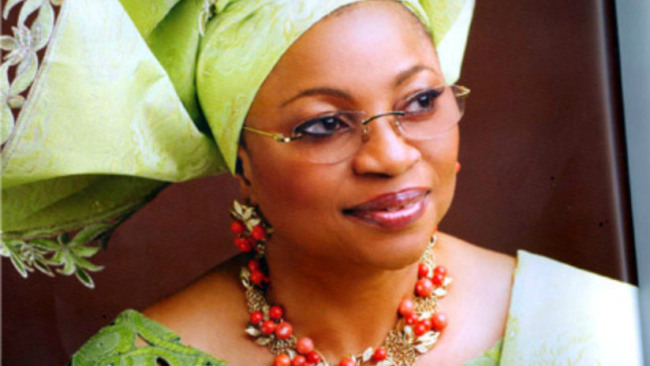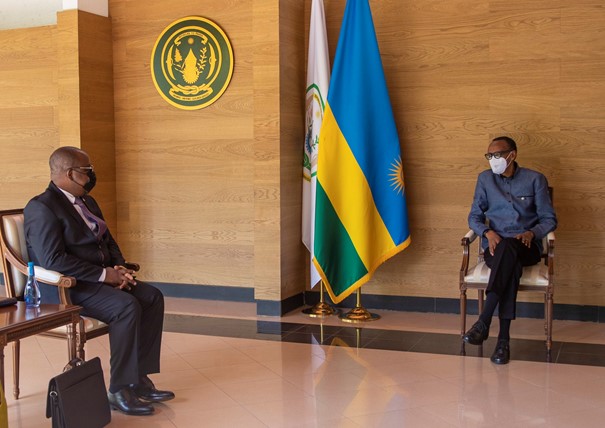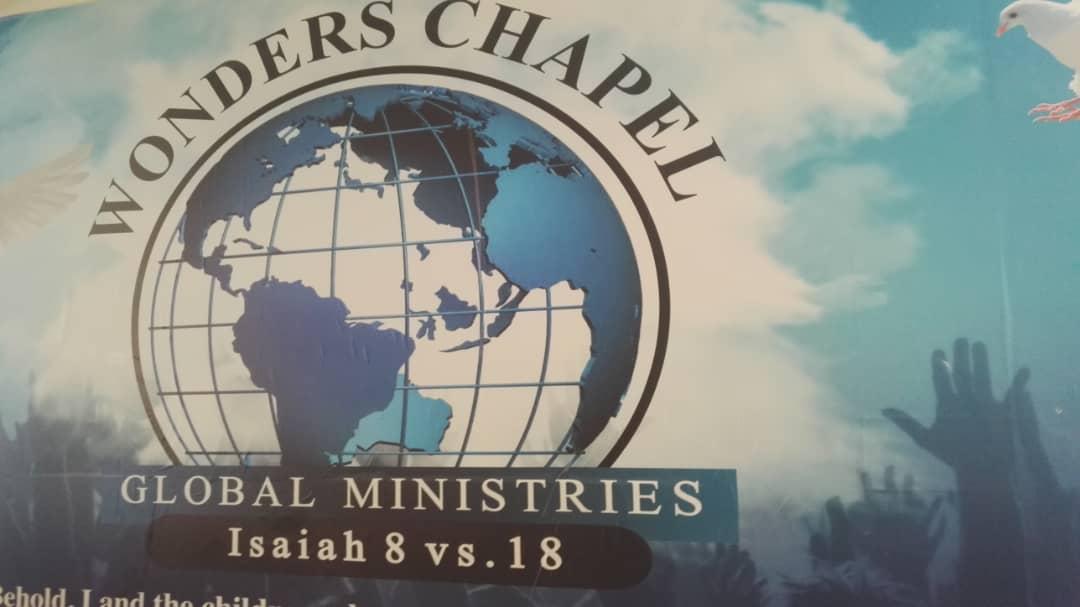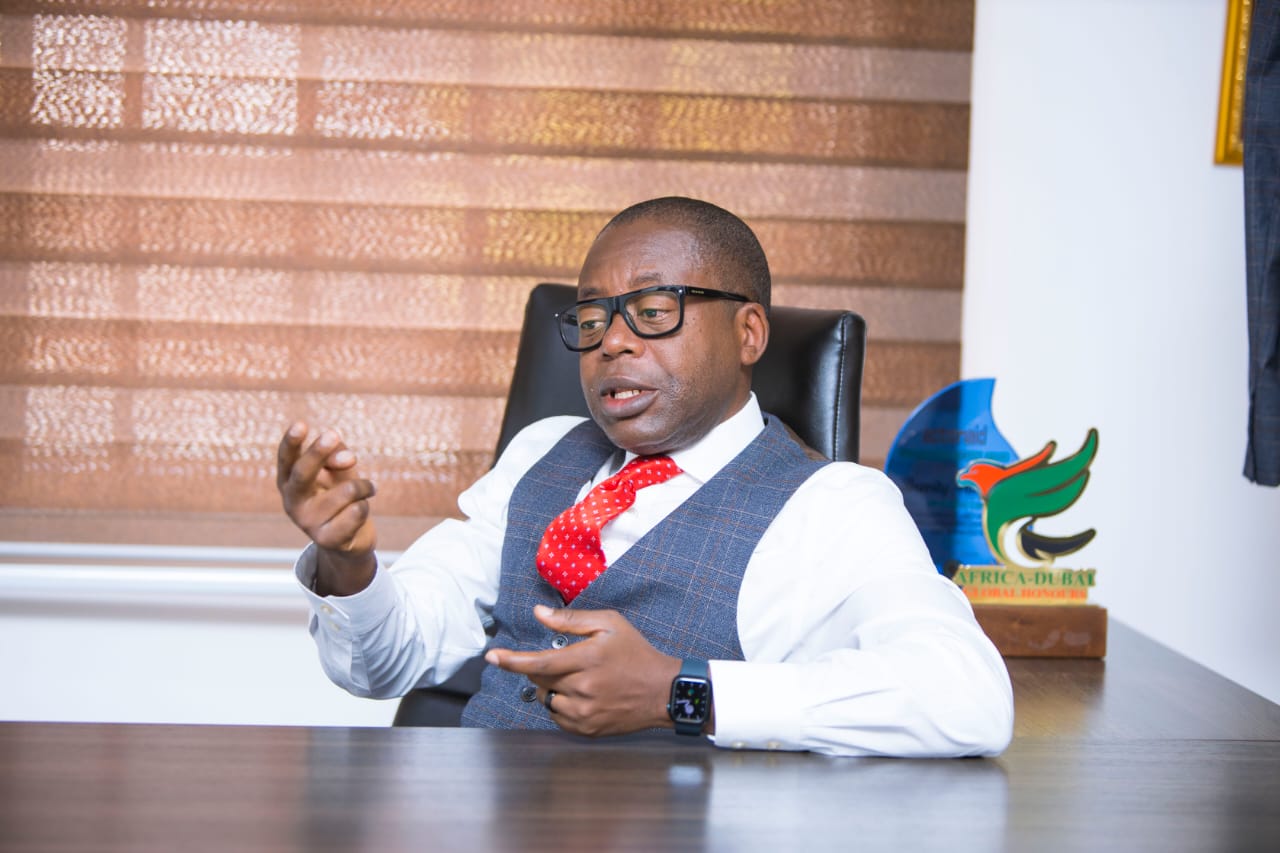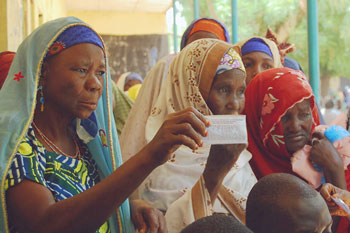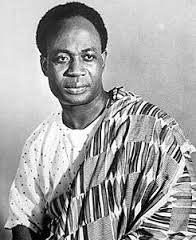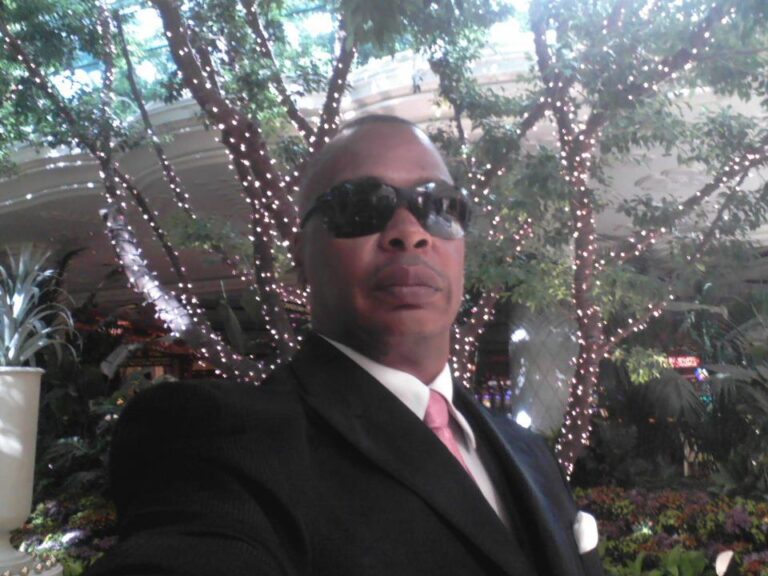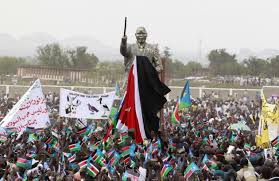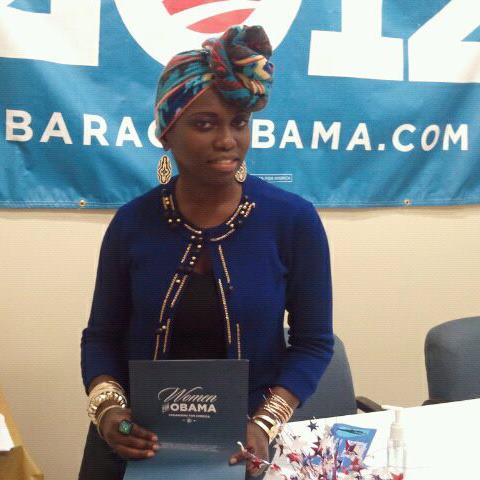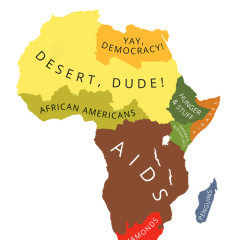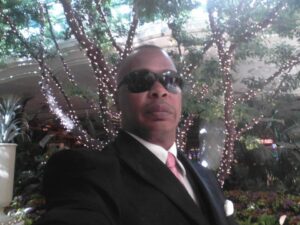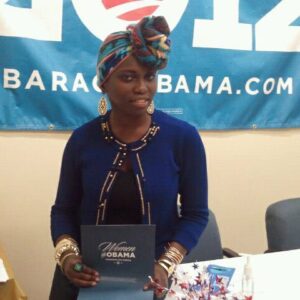Don’t forget: Liberia, ravaged by the Ebola epidemic, was created by the U.S.
September 21, 2014
Ishaan Tharoor*
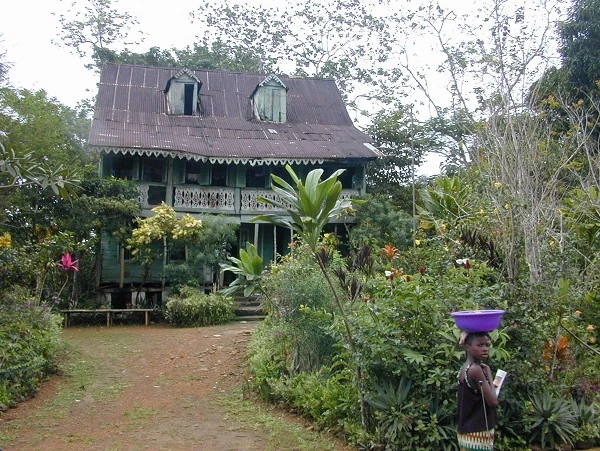 In the grips of history's worst ever Ebola outbreak, Liberia's President Ellen Johnson Sirleaf appealed to the international community on Wednesday. "This disease is not simply a Liberian or West African problem. The entire community of nations has a stake in ending this crisis," she said in a written statement read out by her information minister.
But there's one nation that perhaps has a larger stake than any other. The United States, after all, created Liberia in the early 19th century.
Let's rewind: so far, the Ebola epidemic in West Africa, which is concentrated in Liberia, Sierra Leone and Guinea, has killed at least 2,622 people. Some 5,335 in total have been infected; Liberia alone accounts forroughly half that number. The overall tally, reports the World Health Organization, has doubled in the space of a month.
As the White House pursues its planned counterinsurgency against the Islamic State in the Middle East, President Obama has also stepped up U.S. humanitarian efforts in West Africa. Washington will commit $750 million and 3,000 personnel in the fight against Ebola. Part of the plan involves the construction 17 sorely needed treatment centers in Liberia, with 100 beds each, though it may take time to get these sites up and running -- time that many of the infected simply don't have.
In the grips of history's worst ever Ebola outbreak, Liberia's President Ellen Johnson Sirleaf appealed to the international community on Wednesday. "This disease is not simply a Liberian or West African problem. The entire community of nations has a stake in ending this crisis," she said in a written statement read out by her information minister.
But there's one nation that perhaps has a larger stake than any other. The United States, after all, created Liberia in the early 19th century.
Let's rewind: so far, the Ebola epidemic in West Africa, which is concentrated in Liberia, Sierra Leone and Guinea, has killed at least 2,622 people. Some 5,335 in total have been infected; Liberia alone accounts forroughly half that number. The overall tally, reports the World Health Organization, has doubled in the space of a month.
As the White House pursues its planned counterinsurgency against the Islamic State in the Middle East, President Obama has also stepped up U.S. humanitarian efforts in West Africa. Washington will commit $750 million and 3,000 personnel in the fight against Ebola. Part of the plan involves the construction 17 sorely needed treatment centers in Liberia, with 100 beds each, though it may take time to get these sites up and running -- time that many of the infected simply don't have.
As Helene Cooper of the New York Times reports, the international response to the crisis has played out along historic lines, with former colonial powers coming to the aid of their former colonies:
In an echo of the colonialism that characterized West Africa in the 19th century, Britain has focused its assistance efforts on its former colony Sierra Leone, as British troops head there to build and staff a 63-bed facility near the capital, Freetown. France has sent medical experts to its former colony Guinea.
That leaves Liberia, with its historic ties to America’s antebellum era, in the United States’ hands. In an interview on Thursday, Ms. Johnson Sirleaf said a perception by other countries that the United States would take care of Liberia had hurt the country so far in the Ebola fight. She said a health expert with the French group Doctors Without Borders told her recently: “We’re French. You’ve got America behind you; why should we have to do this for you?”
[caption id="attachment_12083" align="alignright" width="256"]

President Obama with Liberian President Sirleef Johnson[/caption]
The United States is no stranger to Liberia. In 1817, the American Colonization Society, a curious mix of abolitionist Quakers and pragmatic slave-owners, bought a tract of land in West Africa from local potentates and received sanction from Congress to set up its own colony. The charitable version of the plan was to give freed slaves a new home, removed from the harsh inequities of segregated 19th century America. The more cynical reading of the ACS's efforts -- one to which most historians now subscribe -- was that it was a ploy to reduce the
risk of slave rebellions and a reminder of a time when many white Americans refused to countenance living in
an integrated society.
The ACS was backed by many notables of the age, ranging from Thomas Jefferson to Henry Clay, a towering republican politician, to Francis Scott Key, the author of the Star Spangled Banner. And so freed blacks began crossing the Atlantic in the 1820s to settle this land, dubbed Liberia. Its capital, Monrovia, was named after President James Monroe. Its Maryland county speaks to the origin of many of its first settlers. The territory was still administered by white agents.
As the years progressed, the criticism grew: abolitionists and free blacks
believed the colonization of Liberia to be a racist scheme against their interests; other southern slave-owners believed its existence a threat to their own way of life. Meanwhile, the early settlers contended with disease and wars with hostile local tribes. The ACS, having shipped around 13,000 blacks to Liberia, started to run out of funds by the 1840s; when it tried to raise money in Britain, its agents had to
vie with protesters sent by the famed abolitionist William Lloyd Garrison.
The U.S. government refused to assume responsibility, and so the settlers of Liberia were granted their independence from the ACS in 1847. Awkwardly, as a consequence of its anxieties and divisions over slavery, Washington did not recognize the tiny republic until 1862, in the midst of the Civil War.
The society the United States left behind was hardly a just one, as TIME's Aryn Baker
writes:
The new immigrants, who came to be known as "Americoes," set up a society largely modeled on that of the antebellum South, taking local natives as servants, and, eventually, as slaves who could be ‘leased’ out to work on the country’s lucrative rubber plantations. That early legacy of inequality laid the foundations for the revolutionary foment that eventually led to a sequence of brutal civil wars beginning in 1989 that ended only in 2003.
Liberia is still recovering from the awful legacy of its coups and civil wars. Now, it needs its founding nation's help to withstand its latest trial.
*Source Washington Post
]]>


